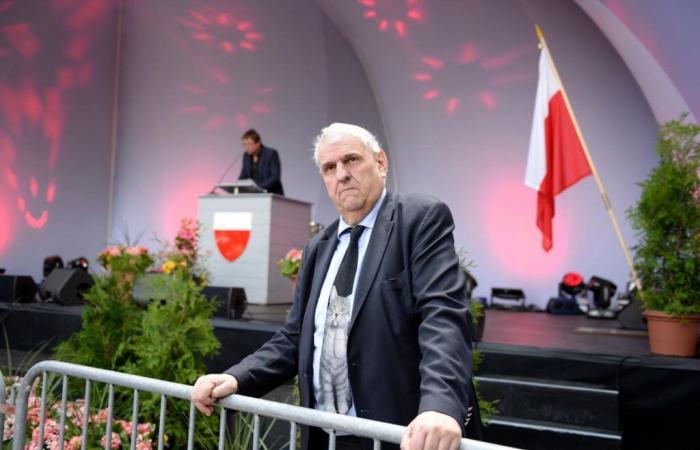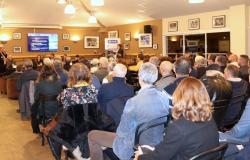The guest –
Yes to uniform funding. Waiting for better
The former Lausanne trustee supports EFAS, an essential step before a possible new vote for a single fund.
Daniel Brélaz– Former national councilor and trustee of Lausanne
Published today at 6:40 a.m.
Subscribe now and enjoy the audio playback feature.
BotTalk
It is written in our program, my party is for a public fund, with financing of basic insurance proportional to income, therefore much more united than today. Like him, I hope that one day we can get there. This would simplify the life of every citizen of our country. We have other things to do with our autumns than to try to compare the hundreds of different offers from health insurance companies. With, for middle or modest income households, each time the fear of making a mistake and paying the price.
But on November 24, we are not voting on the single or public fund. Only on the reform of “uniform financing” (EFAS). When I was still sitting in Bern, I cannot say that this proposal was a dream for environmentalists. It was indeed a question of correcting the faults of the current system while avoiding creating others, but not of fundamentally changing the outlook.
In the end, the compromise which emerged from the Federal Chambers after fourteen years of work, and which all parliamentary groups accepted at the end of 2023, can still clearly be judged as a solid step in the right direction. Nobody disputes the fact that outpatient and home care must take a much bigger place in the future, because it's just smart.
On a Swiss scale, this will save hundreds of millions and perhaps even 1 or 2 billion per year in a painless manner. And for the left and the Greens, it is also a milestone victory, with overall health financing now better guaranteed by taxes from 2028 (minimum 26.9%), for slightly fewer premiums per insured person. .
By opposing this reform with strong slogans, but little supported by figures, the referendums are playing a dangerous game. We are still years away from a new federal vote on a single or public fund, which could again be refused. A popular initiative has not even been launched yet.
As a reminder, the population rejected the single fund in 2007 by 71% and in 2014 the public fund by 62%. Only four cantons then voted yes; which is still a long way from the double majority of the people and the cantons.
Real risks
If the uniform financing reform were to fail at the ballot boxes, and in three or four years a new initiative for a single or public fund does not find a majority again, the increases in annual premiums of 5 to 10% will last for another ten to ten years. fifteen years, which will be untenable. The planing of the catalog of services will quickly come back to the fore, to the detriment of the weakest.
“One hold is better than two you get” is not the most effective electoral slogan. But if we analyze the situation realistically, it is much better to vote yes on November 24 to a reform generating small progress than to take the risk of losing everything.
Did you find an error? Please report it to us.






